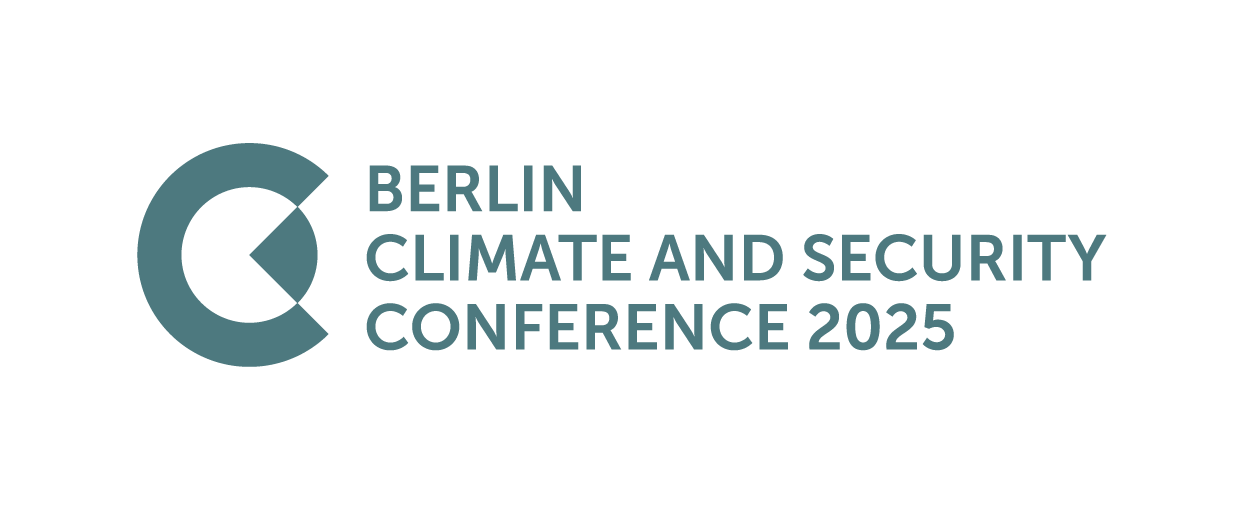De-risking resilience: Best practices and lessons learnt to build sustainable peace
When: 6 July 10:45-12:15 EAT
Format: Panel discussion (empty chair format)
The scale, complexity and interconnectedness of climate-related security risks is unprecedented. Effective resilience programming needs to understand and address the compound nature of risks facing the most vulnerable. This means working to:
- better understand and reduce the risks posed by climate change to peace and security across all dimensions of programming from humanitarian support and food assistance to disaster risk reduction and recovery and governance;
- integrate climate-security risk analysis into all aspects of programming and strengthen community resilience; and
- accelerate conflict-sensitive and peace-promoting climate adaptation efforts.
Locally led approaches which support the capacity to avoid such compound risks and to cope and recover when risks become shocks are already being implemented on the ground in Africa. Some are hidden within other strategies, not always labeled 'resilience' or 'peacebuilding', nor rigorously measured to showcase their impact on building climate resilience and peace. This can limit opportunities to learn from and scale up such approaches.
This panel discussion put a spotlight on the best practice examples of approaches to addressing climate-related security risks across humanitarian food assistance, disaster risk reduction and recovery, governance and environmental peacebuilding programming.
Discussants shared best practices and lessons learnt in order to highlight concrete, scalable examples. Participants in the audience also had the opportunity to join the panellists on stage and share their own experiences and tangible examples through the rotating empty chair format.
Speakers:
- Alessandra Casazza, Manager, UNDP Resilience Hub for Africa
- Abass Kassim, Senior Adviser, Somalia Program, Berghof Foundation
- Sibi Lawson-Marriott, Senior Regional Adviser, WFP Regional Bureau for East and Central Africa
- Dr. Guleid Artan, IGAD Climate Prediction and Application Centre (ICPAC)
Moderated by Dr. Kemoli Sagala, Ministry of Foreign and Diaspora Affairs.
Return to the full BCSC-Nairobi agenda
